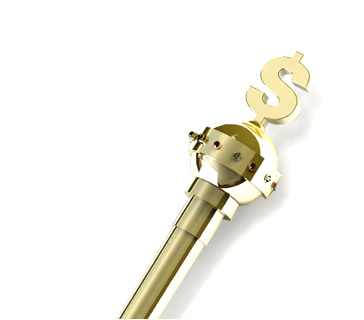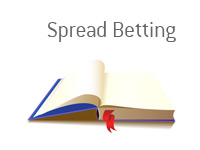Definition of Spread Betting
GambleAware
Please Gamble Responsibly

Recent Articles
A Healthy Mario Lemieux and the 1,000+ Goal Career
Vernon Gholston: The #6 Overall Pick Who Never Sacked Anyone
1970 NHL Draft Wheel: The Conspiracy That Built the Buffalo Sabres
The Five Teams That Wayne Gretzky Nearly Played For
Bobby Orr And The Insane Plus 124 Season
Who Might Be Fighting on the UFC's White House Card?
Why Wayne Gretzky Chose Number 99
The Best Games Ever Played on Christmas Day
Betting Calculators
Promotions
Info Pages
Super Bowl Odds History: Preseason Odds for Every Champion
Super Bowl Winners By Seed: How Important is the #1 Seed?
What Would Michael Jordan Average in Today's NBA? A Statistical Breakdown
NFL Draft Rankings: All 32 Franchises Graded on Draft History
What If Gretzky and Lemieux Stayed Healthy?
The Worst NFL Combine Performances of All Time
Every #1 NHL Draft Pick Ranked: All 63 First Overall Selections
The Complete History of Every NFL Stadium - All 32 Teams
Every Major Betting Scandal in Sports History
The Biggest NFL Draft Busts of All Time By Position
Every #1 NFL Draft Pick Ranked: All 90 First Overall Selections (1936-2025)
Education
How to Bet on the World Cup 2026 - A Complete Beginner's Guide
How to Bet on the Cheltenham Festival 2026 - A Complete Beginner's Guide
Cheltenham Festival 2026 Betting Guide: Full Schedule, Odds and Preview for All Four Days
Rugby Betting in the UK: Where to Bet
Best Horse Racing Betting Sites in the UK
How To Start Betting Online in the UK
Scottish Premiership Betting Guide - Odds, Markets & Match Insights
Beginner's Guide to Football Betting
Curling Betting: Where To Bet on Curling
International Content
Cómo Apostar en el Mundial 2026 - Ecuador | Guía Completa con Bet365
Bet365 Bonus Kod 2026 - THEKING | 5.000 RSD + 50 Besplatnih Spinova
Bet365 Bonus Koda Slovenija 2026 - THEKING | Do €100 v Stavnih Kreditih
Bet365 Bonus Code Österreich 2026 - THEKING | Bis zu €100 in Wett-Credits
Code Bonus Bet365 Québec 2026 - THEKING | Misez 10$ Obtenez 50$
Bet365 Código de Bono 2026 - THEKING | Bono de Hasta S/500
Cómo Apostar en el Mundial 2026 - Guía Completa para Principiantes
Apuestas River Plate - Siguiendo a los Millonarios desde Argentina
Apostar en la Liga Profesional Argentina 2026
Parier sur les Canadiens de Montréal
Article Archive
Baseball (139)
Basketball (290)
Boxing (149)
Football (916)
Golf (32)
MMA (300)
Other (783)
Soccer (2233)
Tennis (97)

 For example, the Indianapolis Colts visit the San Diego Chargers and win 34-31. The Colts were the favorite: -3 (spread) and -200 (money line). With the money line, a bet on the Colts wins because the Colts won outright. With the spread, a bet on the Colts loses because the Chargers get 3 points, which causes a tie, and ties go to the house.
For example, the Indianapolis Colts visit the San Diego Chargers and win 34-31. The Colts were the favorite: -3 (spread) and -200 (money line). With the money line, a bet on the Colts wins because the Colts won outright. With the spread, a bet on the Colts loses because the Chargers get 3 points, which causes a tie, and ties go to the house.